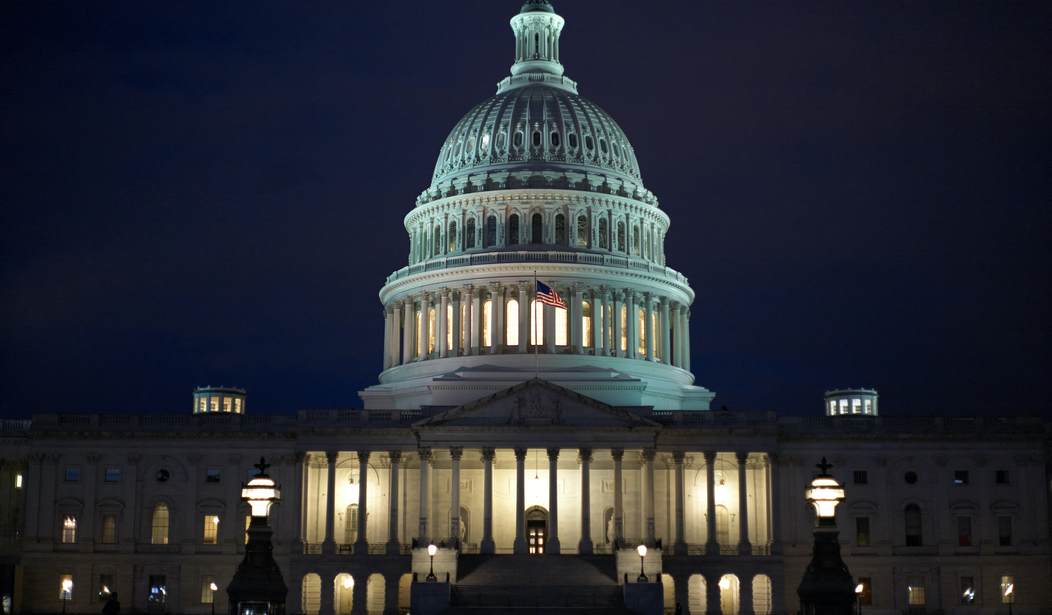Some policy experts who, over the last few decades, saw little need for serious fiscal austerity because the government could borrow at low interest rates are now changing their tune. Their argument is that with rates now rising and the government's interest payments set to become extremely expensive, it's time to adjust. While I suppose that's progress, they fail to see that the past calls for austerity were attempts to avoid precisely what's happening today.
Indeed, the need for fiscal responsibility was never based on an inability to afford extra debt back then. It was because the moment was destined to arrive when adjustments became necessary, and rising indebtedness ensured that these changes would become more painful.
Let me explain. Consider two well-respected economists and former high-ranking government officials, Lawrence Summers and Jason Furman, who previously suggested that in the aftermath of the Great Recession, concerns expressed by "deficit fundamentalists" (like me) were excessive, and that some of the efforts we championed to reduce the debt were unnecessary.
Despite the growing national debt, interest rates remained historically low, meaning the cost of servicing it was not particularly burdensome. This, they argued, made calls to control the debt out of touch. Better yet, those low rates were said to present an opportunity to "invest" in productive projects like infrastructure and education. This spending, in turn, would fuel productivity and raise economic growth, helping offset the future cost of the debt.
Now, unlike some who subscribe to similar ideas, Summers and Furman aren't extremists. They acknowledged that debt cannot accumulate indefinitely. But they mocked calls for austerity measures back in the 2010s as premature, while encouraging government investments paid for with debt accumulation.
Recommended
Undoubtedly, interest rates were low. As Summers and Furman highlighted in a 2019 paper, "in 2000, the Congressional Budget Office forecast that by 2010, the U.S. debt-to-GDP ratio would be six percent. The same ten-year forecast in 2018 put the figure for 2028 at 105 percent. Real interest rates on ten-year government bonds, meanwhile, fell from 4.3 percent in 2000 to an average of 0.8 percent last year."
This thinking has problems. First, it assumes government officials have the right incentives and knowledge -- in addition to a comparative advantage over the profit-driven private sector -- to "invest" productively. Not all government spending qualifies as productive investment, especially when most comes in the form of transferring wealth from one group to another and the rest is driven largely by interest-group politics rather than by sound cost-benefit analysis.
Second, 10-year projections are really unreliable. Later, in 2008, CBO projected that in 2018, public debt would be 22.6% of GDP. It turned out to be 78%. Then, in 2018, CBO projected that in 2028, debt would be 96% of GDP. It's now projected to be 108%. Meanwhile, CBO projections for interest rates since the Great Recession have been higher than what they wound up being. Starting last year, that flipped, and actual rates are much higher than the projection. That gap between projected rates and actual rates is likely to continue. It could expand.
Overestimating interest rates means the federal government pays less than projected. Yay. An underestimation, however, means higher interest payments, more borrowing, and more debt than expected. Add to this misfortune an underestimation of debt levels and you quickly see a lot of red ink.
That's why betting on low interest rates to argue that we should not worry about a growing debt burden is risky. Interest rates are influenced by a variety of factors and can rise fast. In fact, back in 2021, many continued to wrongfully argue that rates would not go up. Is it crazy, then, to believe we would be in a better position to face the rate hikes today if the government had better controlled its debt over the last 10 or 20 years?
Finally, anyone looking at CBO budget forecasts could always see that the disconnect between government spending and revenue was growing. Even assuming no significant rises in interest rates, as well as no emergencies requiring more borrowing and no new congressional or presidential spending programs -- all things that have come to pass -- official debt projections never looked good. Why add more debt to that?
In the end, the risks associated with high levels of debt were never about what we could afford while rates were low. It was always about understanding that when change inevitably comes, we can better address the challenge if we are not in over our heads.

























Join the conversation as a VIP Member